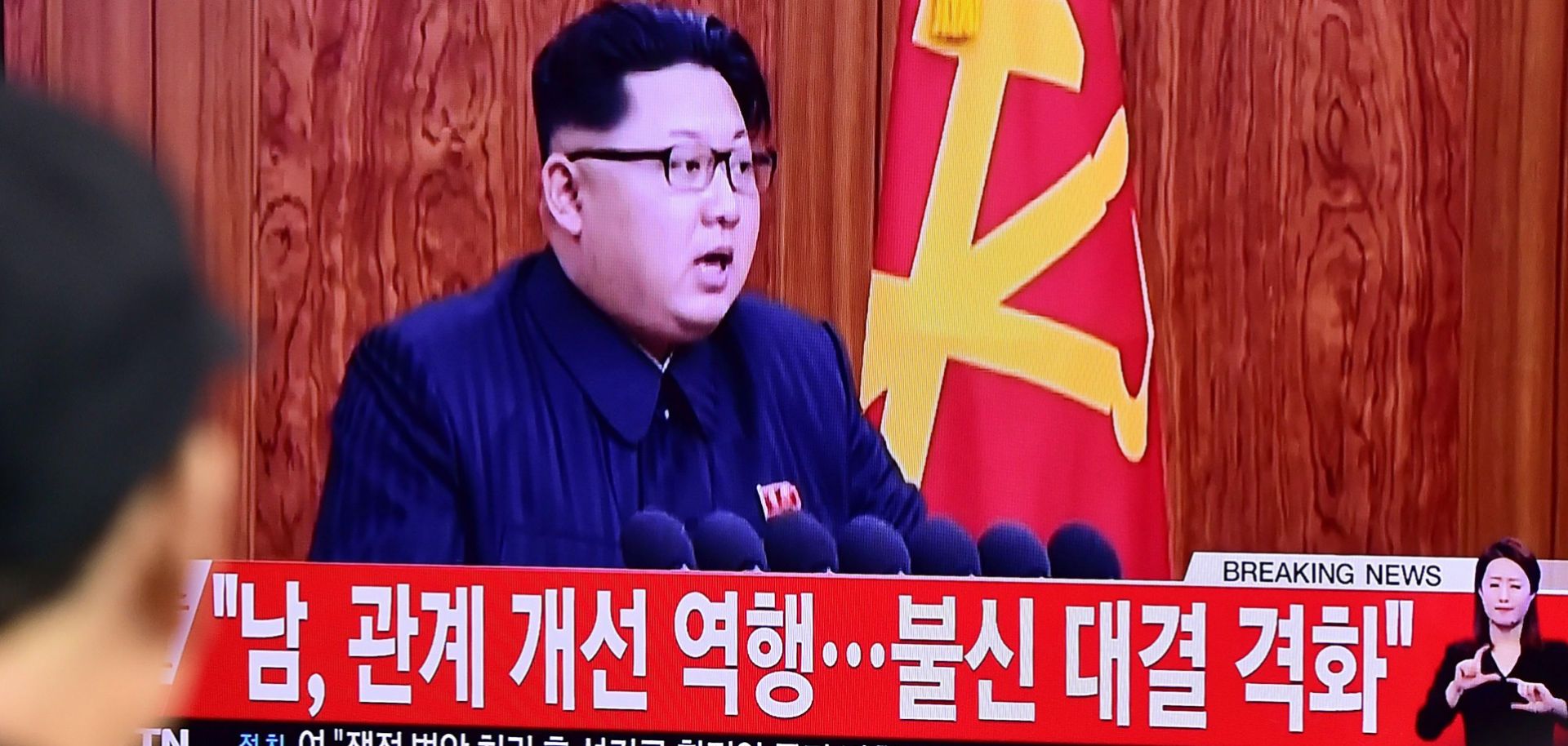ASSESSMENTS
A Rare Congress and Mixed Signals in North Korea
May 5, 2016 | 09:15 GMT

(JUNG YEON-JE/AFP/Getty Images)
Summary
For the first time in more than 35 years, North Korea is preparing to hold a full Congress of the Workers' Party of Korea (WPK). Originally intended to be a regular occurrence for the WPK, party congresses convened only sporadically until 1980, when Kim Jong Il was named as Kim Il Sung's successor, and juche (loosely translated as self-reliance) was formalized as the government's official guiding philosophy. In the years since, though the WPK has officially remained at the center of the North Korean political system, party congresses have lost their central role in the political cycle. Scheduled to begin May 6, the 2016 congress marks the revival of a more public political style in the country, playing on the formalism of party structure and events.
Subscribe Now
SubscribeAlready have an account?
